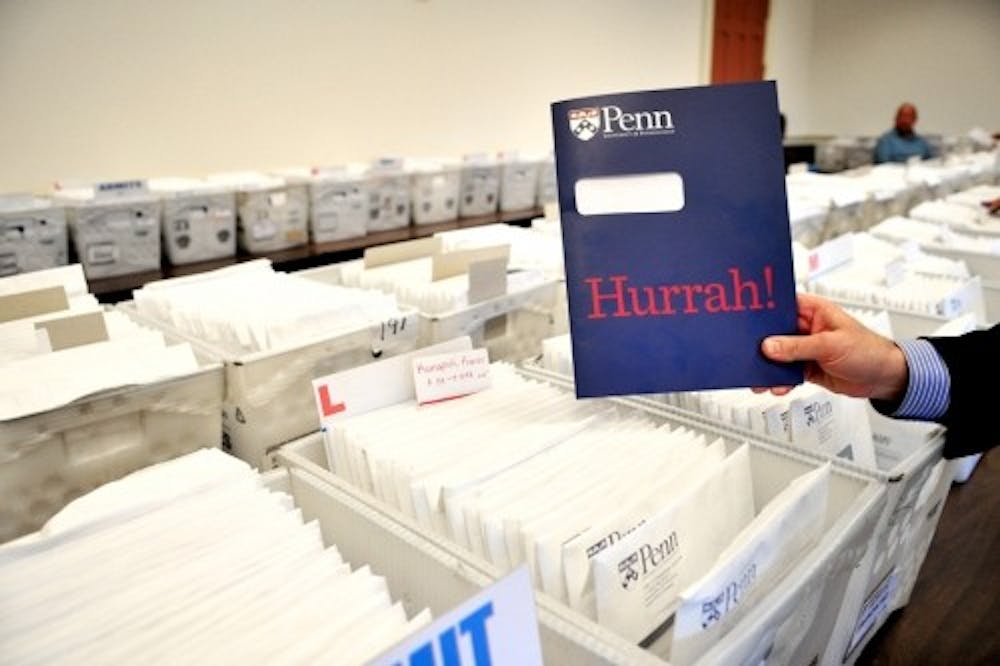
File Photo
Elated reactions to college acceptances abound on Facebook and Twitter. Students hug their friends and parents, order apparel and post their college destinations on social media. But for 277 applicants to the Columbia University Mailman School of Public Health, the initial wave of euphoria suddenly turned into disappointment.
Last month, Columbia’s graduate program mistakenly sent 277 acceptance letters to applicants who were actually denied. The frequency of similar incidents at other colleges is well-documented. Time Magazine reported that in 2009, the University of California at San Diego had to apologize to 28,000 applicants who initially received acceptance notices. More recently, in 2015, Carnegie Mellon University’s master’s program in computer science rescinded admission letters that were incorrectly sent to 800 applicants.
Laurie Kopp Weingarten, co-founder and director of One-Stop College Counseling and a 1986 Wharton graduate, called errors like this “the cruelest joke you could ever play on somebody.”
“I don’t think it’s something kids ever get over, even if they get accepted to a college that they end up loving,” Weingarten said.
While Columbia told applicants it was “working assiduously to strengthen our internal procedures” in response to the incorrect acceptance letters, Penn Admissions Office spokesperson Kathryn Bezella told The Daily Pennsylvanian in an email statement that the admissions office has protocols in place to avoid such errors.
“Our decision portal is replicated in a test environment where the logic and content can be fully reviewed for all decision combinations,” Bezella said. “Immediately prior to decision release a more intensive and clearly defined set of checks are made that specifically focus on decisions themselves.”
“Finally, direct decision release activities always involve at least two (and many times more) experienced staff members who both double check the data as well as ensuring decision and decision release times are accurate,” she added. “As an extra precaution, decisions from the Penn Admissions office are never sent via email but are delivered through our portal which draws information directly from our core data.”
The Time report did not list any past incidents at Penn.
Despite all of the Admissions Office’s precautions and error-free history, Bezella acknowledged that mistakes — such as the ones made by Columbia, UC San Diego and other universities — can still occur.
“There is always the possibility for a human or system error to take place,” Bezella said.
Weingarten recommended that colleges call affected applicants or send them a personalized letter, as opposed to merely disseminating a uniform apology.
“If [colleges] could explain why they weren’t admitted — a personal apology instead of a form letter — that might be something that would ease it a little bit and maybe give you a chance to make some of your other applications a little stronger,” Weingarten said.
The Daily Pennsylvanian is an independent, student-run newspaper. Please consider making a donation to support the coverage that shapes the University. Your generosity ensures a future of strong journalism at Penn.
Donate







